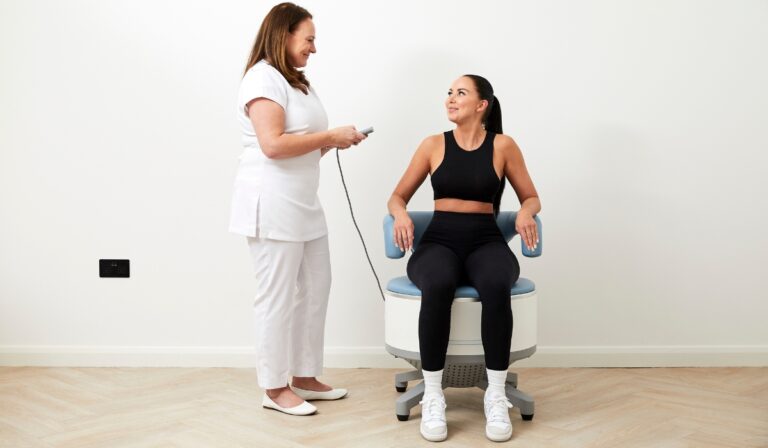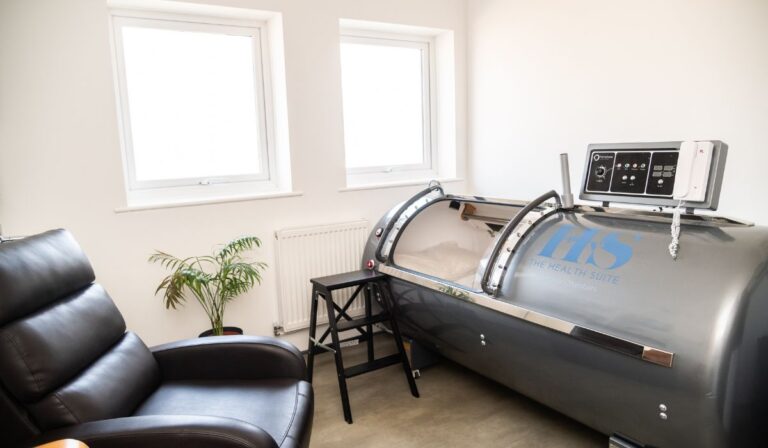Sports & Fitness Services at The Health Suite Leicester
At The Health Suite Leicester, we provide a range of sports & fitness services designed to suit all fitness levels and personal tastes. If you’re looking to enhance your flexibility, develop core strength, or pursue specific fitness objectives, we have the perfect options for you. Our skilled instructors in Leicester are ready to assist and inspire you, guiding you towards achieving your health and wellness aims in a supportive and uplifting setting. Come and experience a comprehensive approach to fitness that enhances both your body and mind. Setting and maintaining fitness goals is essential for achieving long-term health and well-being.
When you have clear, achievable objectives, it provides motivation and a sense of purpose, helping you stay consistent with your workouts and healthier lifestyle choices. Regularly working towards these goals can lead to improved physical health, such as increased strength, better cardiovascular health, and weight management. Additionally, fitness goals can enhance mental well-being by reducing stress, boosting mood, and increasing overall energy levels. The sense of accomplishment gained from reaching milestones fosters greater self-confidence and encourages further progress. Consistently maintaining fitness goals also helps to establish a routine, making exercise an integral part of daily life. As you continue to improve, you’ll notice lasting benefits, not just in physical appearance, but in your overall quality of life, including better sleep, enhanced focus, and a more positive mindset.
The Health Suite in Leicester offers a wide array of sports & fitness services designed to help individuals achieve their health and wellness goals. With expert trainers and state-of-the-art facilities, the clinic provides personalised fitness plans that cater to various needs, whether you’re aiming to lose weight, build strength, or improve overall fitness. Services include one-on-one personal training, group fitness classes, blood tests and specialised programs for injury recovery or rehabilitation. The Health Suite Leicester takes a holistic approach, combining fitness with guidance on nutrition, lifestyle, and mental well-being, ensuring a well-rounded experience for every client. With a focus on motivation, progress tracking, and support, The Health Suite Leicester creates a positive and encouraging environment to help individuals unlock their full fitness potential.
Our Sports & Fitness Services
Click on the tiles below to learn more about and book our healthcare treatments in Leicester.
Why choose The Health Suite Leicester for Sports & Fitness Services?
Professional and supportive healthcare setting.
We provide sports & fitness healthcare services in a professional clinical setting at Leicester, ensuring safety and delivering expert guidance in a medically supervised environment for optimal results.
Experienced Healthcare Professionals
Our services are delivered by highly qualified professionals with advanced certifications and expertise, ensuring effective, personalised fitness and health programs tailored to your needs.
Friendly and Supportive Environment
We foster a welcoming and inclusive environment where individuals of all backgrounds and fitness levels feel supported and empowered to achieve their health and wellness goals.
Have a query about Sports & Fitness Services at The Health Suite Leicester?
We recognise that getting the healthcare assistance you need can be difficult. So if you have a query, feel free to fill in the contact form below and one of our treatment co-ordinators will be happy to help. We aim to reply to all queries within 24 hours (Mon – Fri).


















